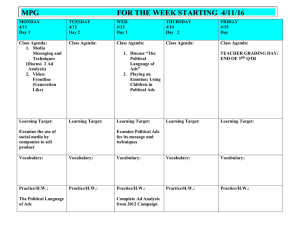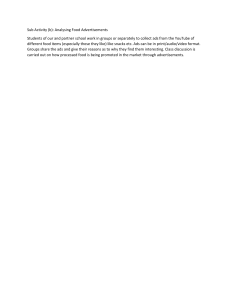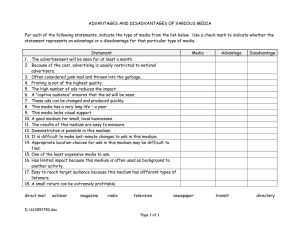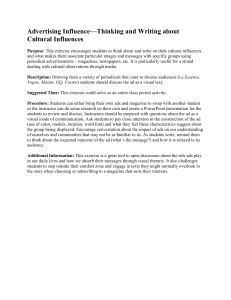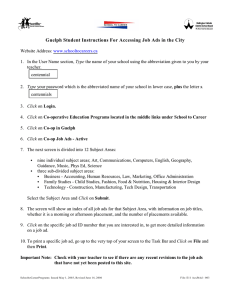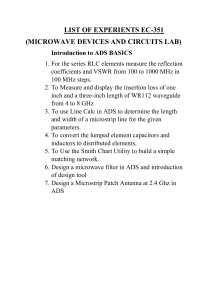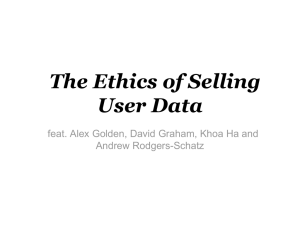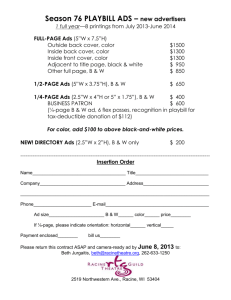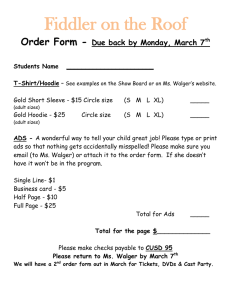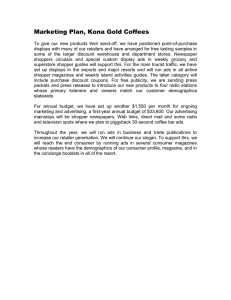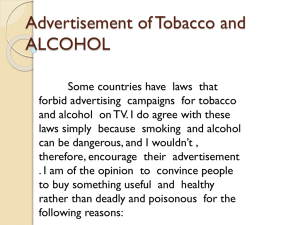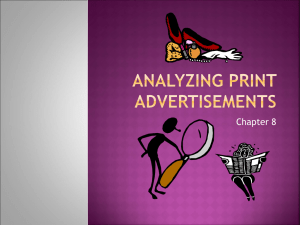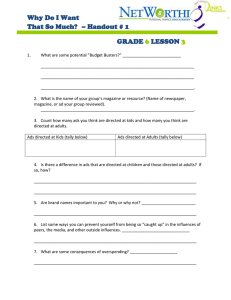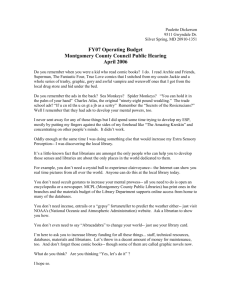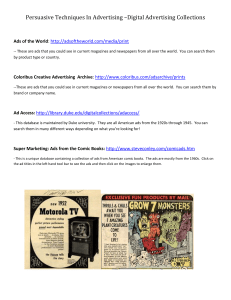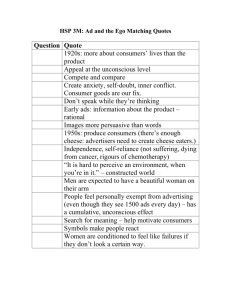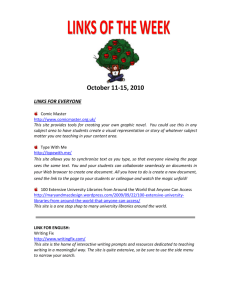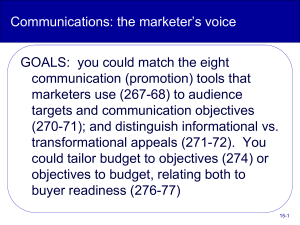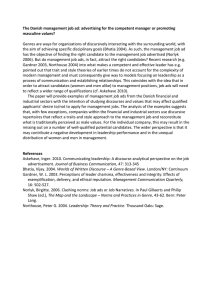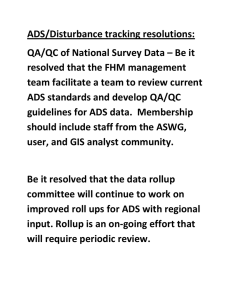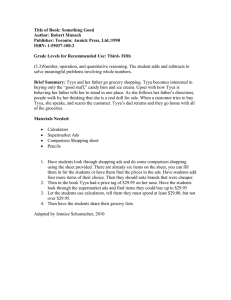Accuracy You should be able to tell why a website exists, and what
advertisement
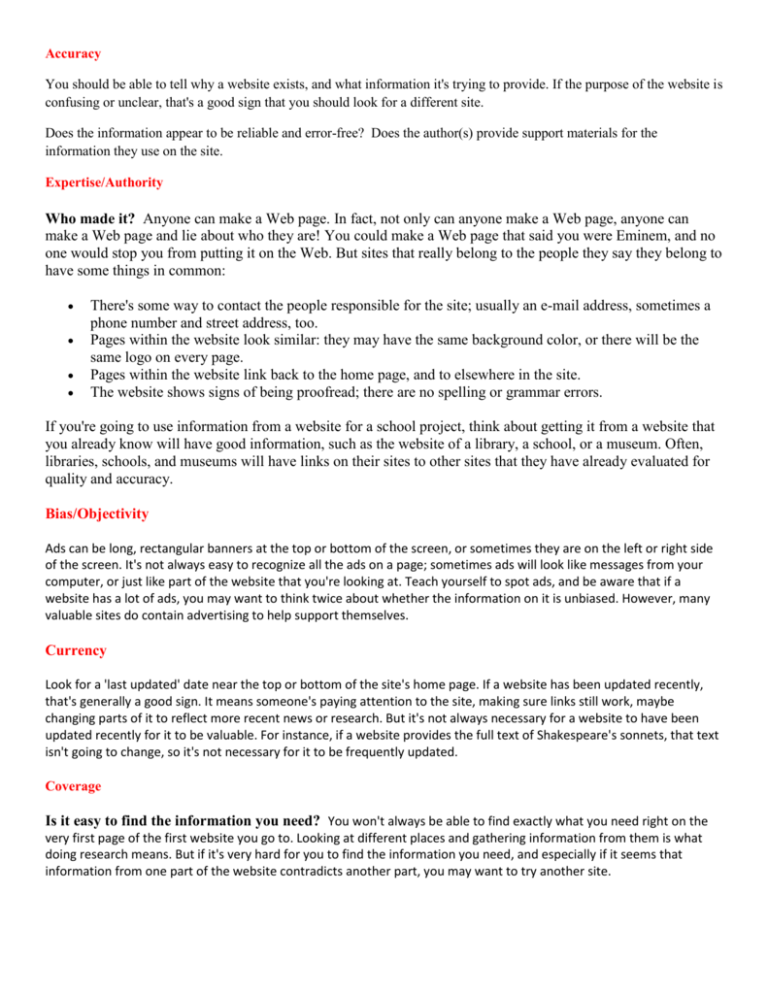
Accuracy You should be able to tell why a website exists, and what information it's trying to provide. If the purpose of the website is confusing or unclear, that's a good sign that you should look for a different site. Does the information appear to be reliable and error-free? Does the author(s) provide support materials for the information they use on the site. Expertise/Authority Who made it? Anyone can make a Web page. In fact, not only can anyone make a Web page, anyone can make a Web page and lie about who they are! You could make a Web page that said you were Eminem, and no one would stop you from putting it on the Web. But sites that really belong to the people they say they belong to have some things in common: There's some way to contact the people responsible for the site; usually an e-mail address, sometimes a phone number and street address, too. Pages within the website look similar: they may have the same background color, or there will be the same logo on every page. Pages within the website link back to the home page, and to elsewhere in the site. The website shows signs of being proofread; there are no spelling or grammar errors. If you're going to use information from a website for a school project, think about getting it from a website that you already know will have good information, such as the website of a library, a school, or a museum. Often, libraries, schools, and museums will have links on their sites to other sites that they have already evaluated for quality and accuracy. Bias/Objectivity Ads can be long, rectangular banners at the top or bottom of the screen, or sometimes they are on the left or right side of the screen. It's not always easy to recognize all the ads on a page; sometimes ads will look like messages from your computer, or just like part of the website that you're looking at. Teach yourself to spot ads, and be aware that if a website has a lot of ads, you may want to think twice about whether the information on it is unbiased. However, many valuable sites do contain advertising to help support themselves. Currency Look for a 'last updated' date near the top or bottom of the site's home page. If a website has been updated recently, that's generally a good sign. It means someone's paying attention to the site, making sure links still work, maybe changing parts of it to reflect more recent news or research. But it's not always necessary for a website to have been updated recently for it to be valuable. For instance, if a website provides the full text of Shakespeare's sonnets, that text isn't going to change, so it's not necessary for it to be frequently updated. Coverage Is it easy to find the information you need? You won't always be able to find exactly what you need right on the very first page of the first website you go to. Looking at different places and gathering information from them is what doing research means. But if it's very hard for you to find the information you need, and especially if it seems that information from one part of the website contradicts another part, you may want to try another site.
